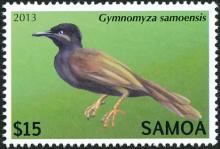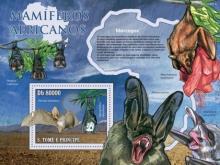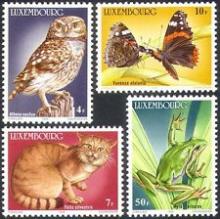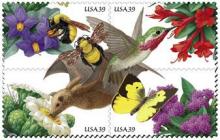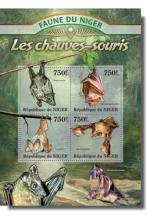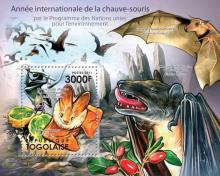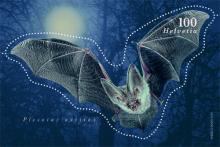Five Samoan Animals Proposed for Endangered Species Act Protection
In accordance with a landmark agreement with the Center for Biological Diversity, the U.S. Fish and Wildlife Service today proposed several animals in the U.S. territory of American Samoa for protection under the Endangered Species Act. The animals include two birds, two tropical snails and the only insect-eating bat in Polynesia. “American Samoa is home to incredible wildlife found nowhere else on Earth,” said Sarah Uhlemann, international program director at the Center. The two birds proposed for protection include the friendly ground dove (Alopecoenas stairi) and the mao (Gymnomyza samoensis). The mao is a large, vocal, nectar-eating bird that lives in mature, high-elevation forests — habitat that has almost entirely disappeared on the Samoan archipelago due to logging and cyclone damage. The friendly ground dove also faces destruction of its tropical forest habitat and, like many ground-nesting birds in American Samoa, egg predation by nonnative rats. The Pacific sheath-tailed bat (Emballonura semicaudata) once numbered as many as 11,000 in American Samoa, but a 2008 survey found none. The two snails proposed for protection — the sisi snail and the Tutuila tree snail — are both threatened by the nonnative, predatory rosy wolf snail, introduced to Tutuila Island in 1977. Despite the Tutuila tree snail’s prolific reproduction — adults are believed to live for five years and give birth about every 20 days — the population faces decline.

